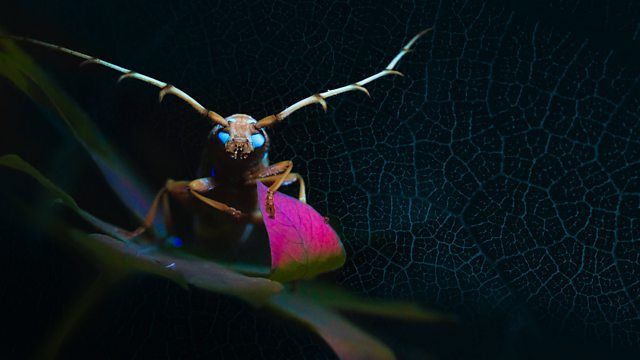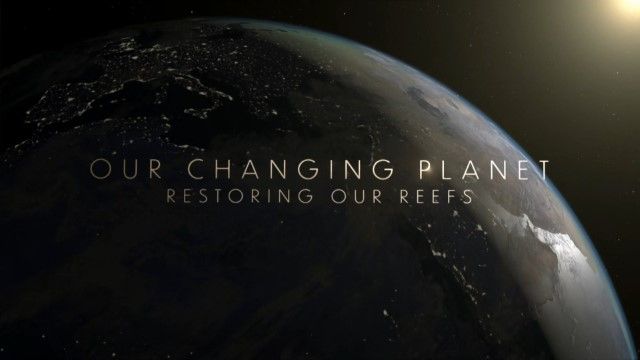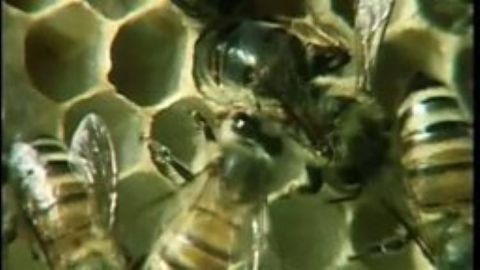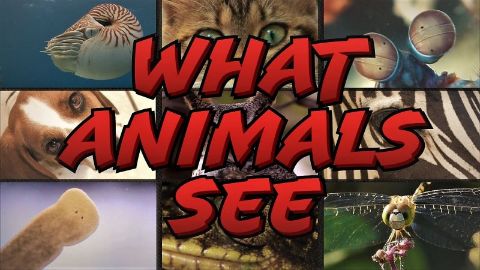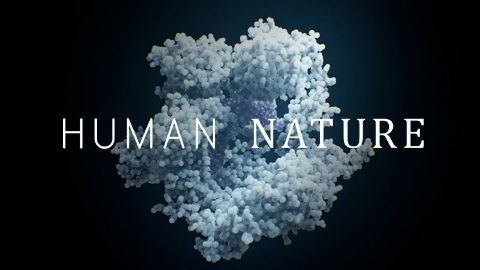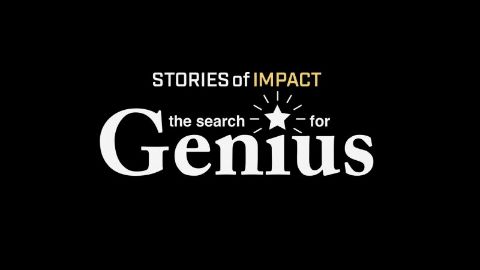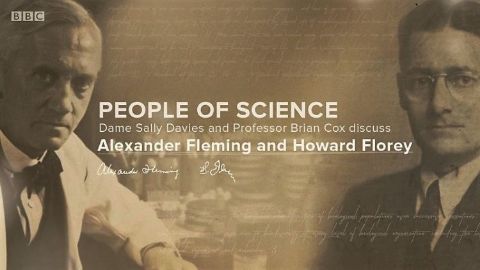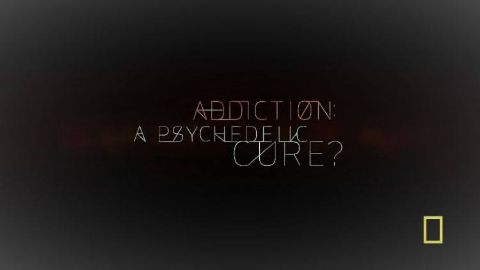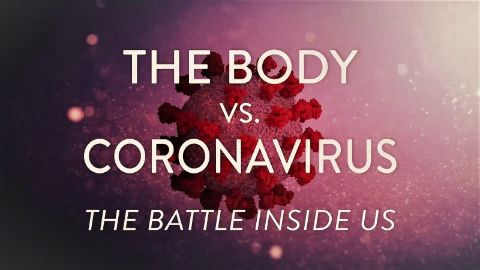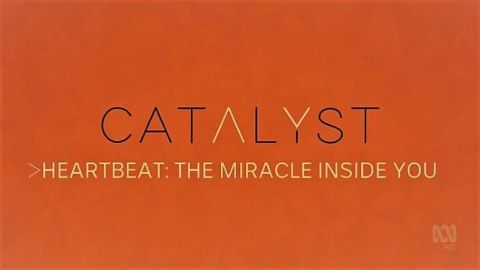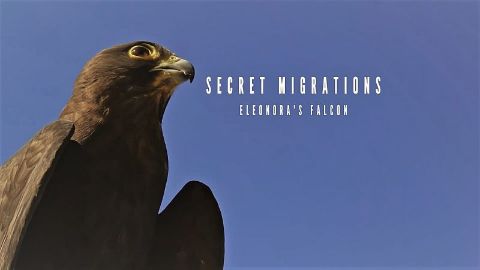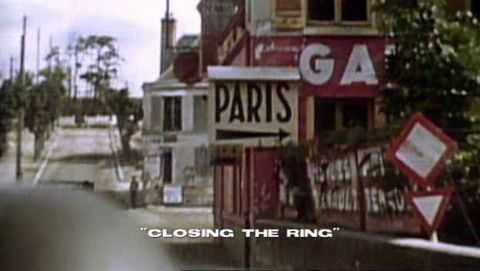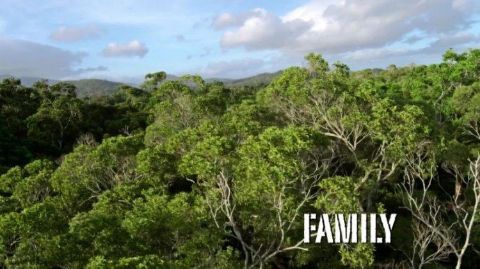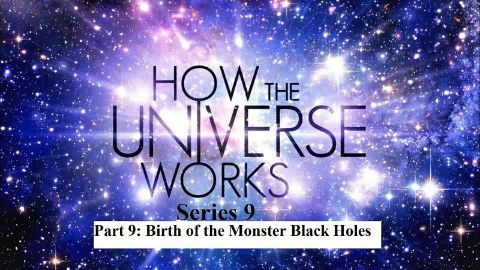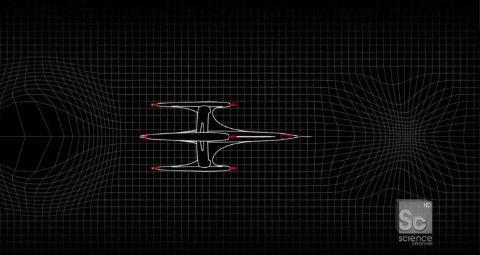Latest Documentaries
The culture of Japan is incredible, from bloom festivals to ultra-modern cities. But there are also more than 130 mammals and 600 bird species dwelling in Japan’s 6,852 islands. This island chain is long enough to span climate zones, providing a huge range of habitat.
2020 • Nature
Exploring the realm of the creatures to better understand how they have evolved. Travelling from the rain forests of French Guiana to the Arctic Ocean, scientists use traditional and cutting edge techniques to examine both modern insects and the fossil record in their search for a single common insect ancestor.
2024 • Nature
David Attenborough reveals why forests are the ultimate test of survival for mammals, including a tiger whose stealth and hunting strategies are put to the test in the heat of an Indian summer. The programme also features footage of young chimpanzees learning how to get honey without angering bees and Siberian flying squirrel gliding elegantly and effortlessly from tree to tree.
S1E6 • Mammals with David Attenborough • 2024 • Nature
David Attenborough reveals how, by pushing themselves and their bodies to the limit, mammals have found remarkable ways to survive in the hottest places on earth. In South America, thirsty capuchins need all their natural curiosity as they search for water on the forest floor. Camels roam the vast outback of Australia, where they can go for weeks without water thanks to their distinctive hump as an energy store. White sifaka lemurs hug trees to avoid the heat in Madagascar's spiny forest and the echidna has an even stranger way of keeping cool - it blows snot bubbles.
S1E5 • Mammals with David Attenborough • 2024 • Nature
From ice-covered seas to snow-capped mountains, mammals have conquered the cold, living in the harshest places on earth thanks to their remarkable intelligence and adaptations. The programme features polar bears on the Arctic islands of Svalbard, arctic foxes in Canada's Hudson Bay, and snow leopards in the lofty mountains of the Qinghai-Tibet Plateau in China.
S1E4 • Mammals with David Attenborough • 2024 • Nature
How air-breathing mammals have found remarkable ways to overcome the many challenges of a life in water, from freshwater jungle ponds to the dark depths of the open ocean. Featuring footage of the birth of a huge sperm whale calf, never-before-filmed orca hunting behaviour, and coastal coyotes in Mexico that have learnt they can benefit from the daily offerings washed up on the shore with each new tide.
S1E3 • Mammals with David Attenborough • 2024 • Nature
A look at mammals which have adapted to the changes humans have made to their environment, from sea lions competing with stray dogs for food in the fish markets of Chile to pig-tailed macaques in palm oil plantations in south east Asia. Plus, a look at how elephants have learnt to use the cover of darkness to venture into towns in search of a midnight feast, often leaving destruction in their wake.
S1E2 • Mammals with David Attenborough • 2024 • Nature
Focuses on animals that thrive in the dark, from leopards that use night vision to hunt their prey to bats using echolocation to navigate the night skies.
S1E1 • Mammals with David Attenborough • 2024 • Nature
Delve into the digestive system with this lighthearted and informative documentary that demystifies the role gut health plays in our overall well-being.
2024 • Health
In the third year of this seven-year project examining the issues facing the planet’s most threatened ecosystems, Dr. M. Sanjayan visits the Maldives to take an in-depth look at coral reefs and the urgent efforts to help them survive climate change.
S3E1 • 2024 • Nature
The life and work of M.C. Escher is presented primarily through his own words in the form of his writings being read against a backdrop of images associated to him, including archival footage of himself and images of his drawings. Many further details are provided by surviving family members. Escher himself considered what he did being caught between the worlds of art and mathematics - he not very good at either - his drawings always having an element of geometry. He made a conscious decision to work in monochromatic black and white realizing that he would be missing being able to convey ideas that are inherent with color. The evolution to two of his later periods is discussed, namely his series of drawings of the human eye, and what would become his ultimate fascination, that of the concept of infinity, whether it be real, as in the circle or the study of a man viewing a picture of himself viewing a picture of himself and so on, or perceived through illusions, such as his never-ending staircase. The documentary is buttressed by commentary from fan, musician Graham Nash who believes his brilliance has not yet been fully appreciated. Further Information
2021 • People
The mid-10th-century reign of Harald Bluetooth as king of a newly unified, powerful and Christianized Denmark marked the beginning of a second Viking age. But the reign was not to last with the Normans finally winning the English Kingdom in 1066. We look at the final days of the Viking empire.
S1E6 • Vikings: The Rise and Fall • 2022 • History
Recommended Documentaries
Explores how light, time and gravity affects our perception of the universe.
S1E4 • Cosmos: A Spacetime Odyssey • 2014 • Astronomy
The Ship of the Imagination ventures on an epic voyage to the bottom of a dewdrop to explore the universe on the smallest scale and observe exotic life forms invisible to the naked eye. Then, host Neil deGrasse Tyson explains the neural network in our brains which determine our sense of smell and memory, and later, he travels deep beneath the surface of the Earth to discover the most mysterious particle we know.
S1E6 • Cosmos: A Spacetime Odyssey • 2014 • Astronomy
This episode details the relationship between flowers and insects. There are some one million classified species of insect, and two or three times as many that are yet to be labelled. Around 300 million years ago, plants began to enlist insects to help with their reproduction, and they did so with flowers. Although the magnolia, for instance, contains male and female cells, pollination from another plant is preferable as it ensures greater variation and thus evolution. Flowers advertise themselves by either scent or display. Some evolved to produce sweet-smelling nectar and in turn, several insects developed their mouth parts into feeding tubes in order to reach it.
4/13 • Life on Earth • 1979 • Nature
Explores the violent cosmic phenomenon of supernovas, which on average occur once per galaxy per century or one billion times per year in the observable universe.
S1E8 • Cosmos: A Spacetime Odyssey • Astronomy
How do animals experience the world around them? How does what they see impact their place in nature and how has their place in nature impacted what they see? We asked Professor Thomas Cronin to show us how the most interesting and prolific eyes in the animal kingdom work and how they came to be.
2018 • Nature
This instalment is the first of several to concentrate on mammals. The platypus and the echidna are the only mammals that lay eggs (in much the same manner of reptiles), and it is from such animals that others in the group evolved. Since mammals have warm blood and most have dense fur, they can hunt at night when temperatures drop. It is for this reason that they became more successful than their reptile ancestors, who needed to heat themselves externally. Much of the programme is devoted to marsupials (whose young are partially formed at birth) of which fossils have been found in the Americas dating back 60 million years.
9/13 • Life on Earth • 1979 • Nature
Science Documentaries
In this mind-bending episode can the participants work out where the universe comes from?
Part 4 • Genius by Stephen Hawking • 2016 • Science
A breakthrough called CRISPR opens the door to curing diseases, reshaping the biosphere, and designing our own children. A provocative exploration of its far-reaching implications, through the eyes of the scientists who discovered it.
2019 • Science
Glass so strong you can jump on it, rubber so tough it protects a clay pot dropped from 50 feet, endless varieties of plastic. Scientists and engineers have created virtually indestructible versions of common materials by manipulating the chains of interlocking atoms that give them strength—but have they made them too tough? Host David Pogue explores the fantastic chemistry behind the everyday.
S1E1 • Beyond the Elements • 2020 • Science
The global search is on for the next Ramanujan, a poor Indian drop-out who won a coveted spot at Cambridge University in the 1920's for his extraordinary genius in mathematics.
S1E8 • Stories of Impact • 2019 • Science
Brian believes we are at the start of a new age of space travel, where space flight is on the verge of becoming routine. In this episode, he explores the latest science and takes a new look at his old films and asks: how far can we go in our exploration of the cosmos?
S1E1 • Brian Cox's Adventures in Space and Time • 2021 • Science
Dame Sally Davies talks to Brian Cox about her interest in antibiotic resistance and admiration of Alexander Fleming and Howard Florey for their development of penicillin.
S1E4 • People of Science with Brian Cox • 2018 • Science
Health Documentaries
Renegade researchers are fighting the medical establishment by exploring a controversial cure for our vices: psychedelic drugs.
S2E1 • Breakthrough National Geographic • 2017 • Health
How can we cope with this tricky virus now rampant worldwide? The key to this battle lies in our immune system. Through the high-tech “eyes” of next-generation microscopes, we will see how our immune defense corps combat against pathogens and what mechanism is expected to help develop treatment.
2020 • Health
Sweet deal or bitter pill? High fructose corn syrup rose up to dominate supermarket shelves, but what is it doing to our health?
S2E10 • History 101 • 2022 • Health
Nikki Stamp takes us into the amazing world of our hearts -- revealing how they function, how we can look after them and shows us the latest science she uses to help fix them when they go wrong.
S1E6 • Catalyst: Series 18 • 2017 • Health
It’s the world’s first human body rig – two ordinary people are filmed going about their typical day while covered from head to toe in medical, monitoring equipment. What will they discover about how their lifestyle affects their health and what will the rest of us learn about how the human body works?
2017 • Health
Seventy years ago, when the coldest thing in your house was a pantry, most of the food we ate was harvested, sent straight to the shops and would have been on our plates before it started to go off. However, the advent of the home freezer and advances in various preservation techniques changed all of that and now we’re used to eating what we want, when we want, regardless of the time of year when the food is actually grown. So how do they keep the food for so long? And does the quality stay the same?
S1E3 • The Food We Eat • 2014 • Health
Randoms! Documentaries
Every year, just above our heads, Eleonora’s falcon undertakes a mysterious migration. This discreet journey covers thousands of kilometers and triggers puzzles that scientists are still trying to understand today. Thanks to cutting-edge technology, we will track the falcons on their journey.
S1E1 • Secret Migrations • 2019 • Nature
In 1944 America and Britain in the West and Russia in the East began to close their pincer around Germany. But even now, the outcome was in the balance. The film explores the Allied disaster at Arnhem and the tragedy of the Warsaw uprising, when Polish freedom fighters were abandoned to their fate by Stalin. It tells the shocking story of the Liberation of the death camps, when the full extent of the Holocaust became clear for the first time. The film ends with Hitler's last great gamble, as he threw all his last reserves against the oncoming Allied forces in the Ardennes.
10/13 • World War II In HD Colour • 2009 • History
While most of the series has focused on conflict, this episode is all about co-operation. The suitably named social spiders spin one enormous, 30m web for the whole colony, a queen bee rules her hive with a strict hierarchy and some green ants show great team spirit to help build a nest together. There are no broken societies here. David Attenborough shifts the focus to bugs that prefer cooperation rather than conflict. They include burrowing cockroaches, the suitably named social spiders - which share a 30-metre web.
5 • Micro Monsters with David Attenborough • 2013 • Nature
A child's brain is a magnificent engine for learning. A child learns to crawl, then walk, run and explore. A child learns to reason, to pay attention, to remember, but nowhere is learning more dramatic than in the way a child learns language. As children, we acquire language -- the hallmark of being human.
S1E2 • The Secret Life of the Brain • 2002 • Brain
New discoveries reveal an astonishing supermassive black hole that was born during the earliest days of the cosmos, and finding out how this giant grew so large so quickly may help to explain the very formation of the universe itself.
S9E9 • How the Universe Works • 2021 • Astronomy
Exploring the universe on a ship that can boldly go where no man has gone before isn't just a sci fi dream. Dr Michio Kaku reveals how we really could one day build a warp drive and set out on our own star trek.
S1E1 • Physics of the Impossible • 2009 • Physics

